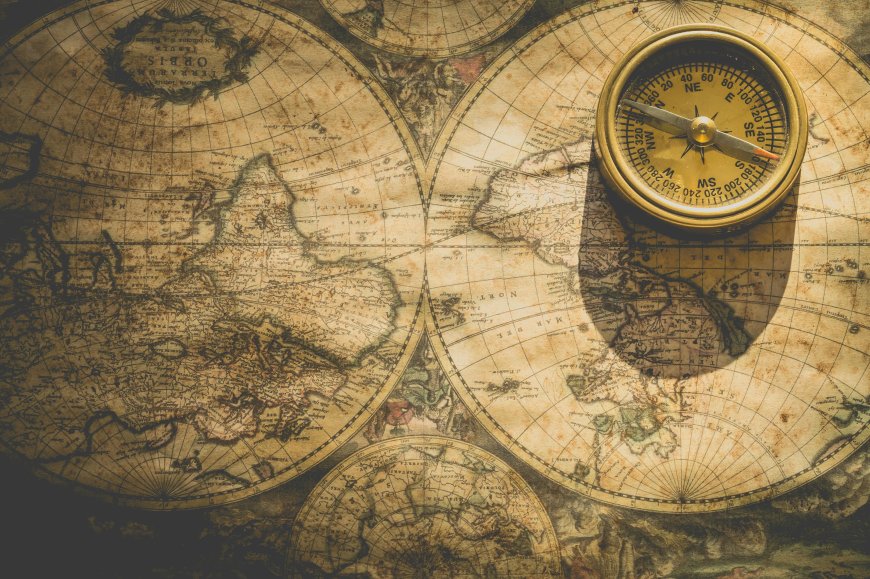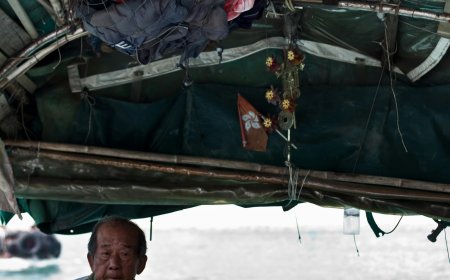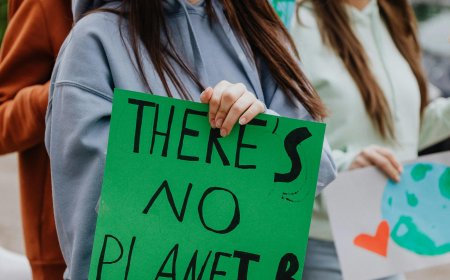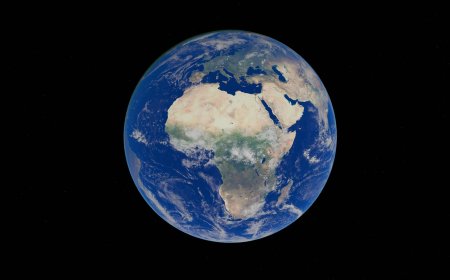Famous Explorers Who Discovered New Lands: Charting the Unknown
From Columbus to Magellan, meet the famous explorers who ventured into the unknown and reshaped the course of world history.

History is filled with men and women who dared to set sail into uncharted waters, trek across unknown continents, or fly over unmapped skies. Their discoveries not only connected distant civilizations but also changed trade, politics, and culture forever.
The age of exploration was never just about geography—it was about courage, ambition, and sometimes greed. From the daring voyages of Christopher Columbus to the circumnavigation of Ferdinand Magellan, famous explorers redefined the map of the world and altered humanity’s destiny.
Christopher Columbus: Opening the Atlantic World
In 1492, Christopher Columbus set sail westward under the Spanish crown, believing he would reach Asia. Instead, he landed in the Caribbean, opening the door to the Americas for Europe.
Columbus’s voyages remain controversial. To some, he symbolizes courage and discovery; to others, he represents colonization and the suffering of Indigenous peoples. Yet, his impact is undeniable—he connected two worlds that had developed separately for millennia.

Ferdinand Magellan: First Around the Globe
Ferdinand Magellan’s expedition (1519–1522) was the first to circumnavigate the globe, though Magellan himself was killed in the Philippines before completing the journey. His fleet proved that the Earth was round not in theory but in practice—and that oceans connected every corner of the planet.
Magellan’s voyage was a triumph of endurance, with only one of five ships returning. The survivors, gaunt and exhausted, carried with them a truth that forever changed navigation and commerce.
Marco Polo: A Bridge to the East
Long before Columbus or Magellan, Marco Polo traveled from Venice to the court of Kublai Khan in China during the 13th century. His accounts, later compiled into The Travels of Marco Polo, fascinated Europe with tales of silk, spices, and advanced civilizations.
Though scholars debate how much Polo actually saw firsthand, his writings inspired later explorers by painting Asia as a land of wealth and wonder. Without Polo’s stories, Columbus might never have sought a westward route to the East.
James Cook: Mapping the Pacific
In the 18th century, Captain James Cook of Britain mapped vast swaths of the Pacific Ocean. He charted New Zealand, the eastern coast of Australia, and many Pacific islands, providing Europe with its first accurate maps of the region.
Cook’s voyages were not just about geography—they carried scientists who studied flora, fauna, and cultures. His journeys helped shape modern science while also laying the groundwork for European colonization.
Hernán Cortés and Francisco Pizarro: Conquest and Controversy
Not all exploration was noble. Spanish conquistadors Hernán Cortés and Francisco Pizarro explored—and conquered—the Aztec and Inca empires. Their expeditions brought immense wealth to Spain but devastated Indigenous civilizations through war and disease.
Their legacy is complex: explorers to some, invaders to others. Their stories remind us that exploration often carried consequences beyond discovery—consequences that still echo today.

Lewis and Clark: Opening the American West
In 1804, Meriwether Lewis and William Clark set out to explore the Louisiana Purchase and find a route to the Pacific. Guided by Sacagawea, a Shoshone woman, their expedition mapped rivers, documented wildlife, and built relationships (and sometimes tensions) with Native tribes.
Their journey fueled westward expansion in the United States, shaping the nation’s identity. The story of Lewis and Clark highlights how exploration can serve both curiosity and political ambition.
Storytelling Moment: The Unknown Horizon
Imagine standing on the deck of Magellan’s ship in the middle of the Pacific. The ocean stretches endlessly in every direction. Supplies are dwindling. Crew members whisper of turning back. Yet the decision is made—to push forward into the unknown.
That moment captures the essence of exploration: the fear of uncertainty, the cost of risk, and the faith that beyond the horizon lies something worth discovering.
The Dual Legacy of Exploration
While explorers connected the world, their voyages also brought colonization, exploitation, and cultural upheaval. For Indigenous peoples, “discovery” often meant dispossession.
Modern historians emphasize that exploration’s legacy is twofold:
- Positive: new trade routes, scientific knowledge, cultural exchange.
- Negative: slavery, disease, and imperial domination.
Understanding both sides helps us appreciate exploration not as a tale of heroes, but as a complex chapter of human history.
The Modern Spirit of Exploration
Today, exploration no longer means sailing across oceans—it means probing the deepest oceans, climbing the highest peaks, or sending spacecraft to Mars. Yet the spirit remains the same: curiosity, courage, and the drive to see what lies beyond the known.
The great explorers of history remind us that discovery is never finished. The maps may be filled in, but the human desire to push boundaries continues.
Conclusion: Why We Still Look Beyond the Horizon
From Columbus to Cook, Polo to Lewis and Clark, the explorers who discovered new lands reshaped our understanding of the world. They remind us that progress comes not only from invention but from daring to venture into the unknown.
Their legacy is complicated, filled with triumph and tragedy. Yet one lesson endures: humanity’s greatest discoveries often begin with a single step into uncertainty.
FAQs
1. Who was the first European to discover America?
Christopher Columbus reached the Caribbean in 1492, but Norse explorer Leif Erikson likely landed in North America centuries earlier.
2. Who was the first to sail around the world?
Ferdinand Magellan’s expedition (1519–1522) was the first, though he died en route.
3. Why is Marco Polo famous?
His writings introduced Europeans to Asian wealth and culture, inspiring later explorers.
4. What did James Cook discover?
He charted much of the Pacific, including Australia’s east coast and New Zealand.
5. Are explorers seen as heroes or villains?
Both—while they expanded knowledge and trade, they also contributed to colonization and exploitation.
আপনার প্রতিক্রিয়া কী?
 পছন্দ
0
পছন্দ
0
 অপছন্দ
0
অপছন্দ
0
 ভালোবাসা
0
ভালোবাসা
0
 মজার
0
মজার
0
 রাগান্বিত
0
রাগান্বিত
0
 দুঃখজনক
0
দুঃখজনক
0
 বাহ
0
বাহ
0


























































